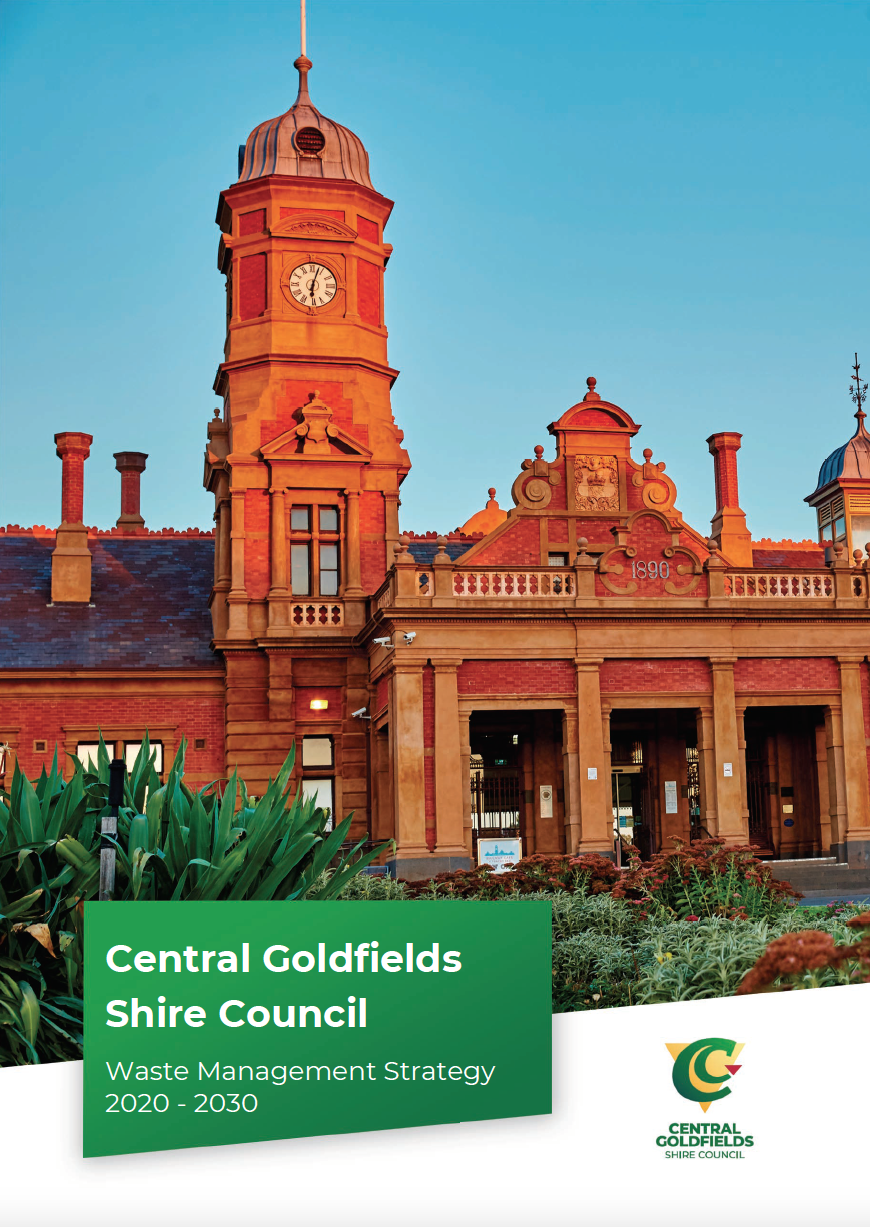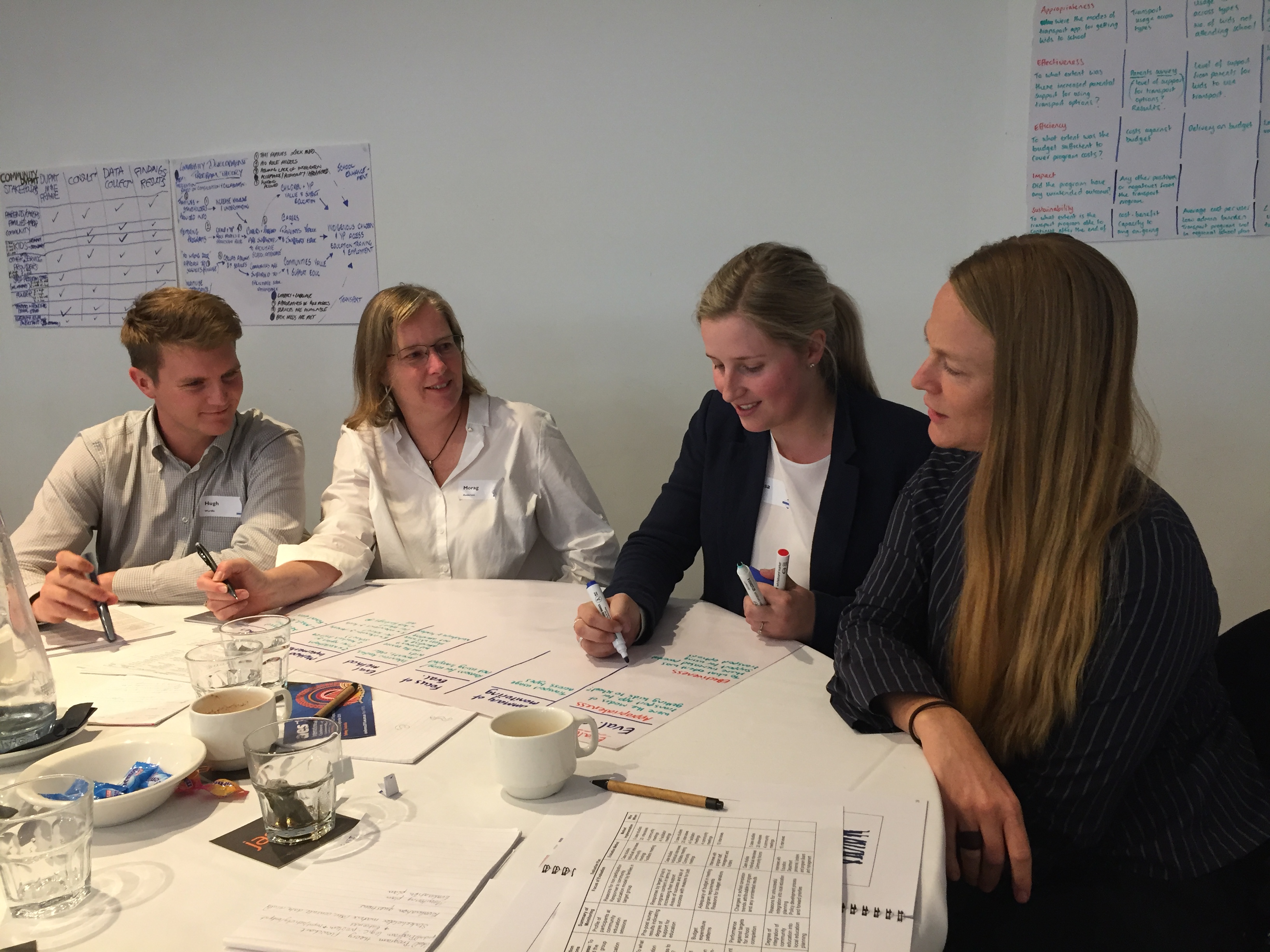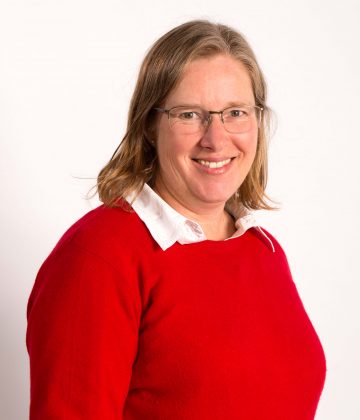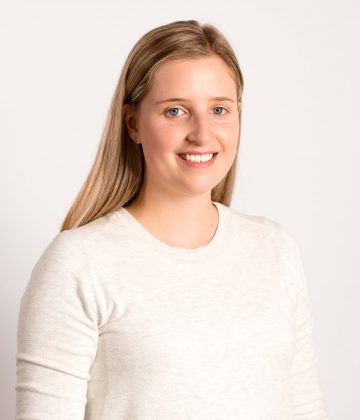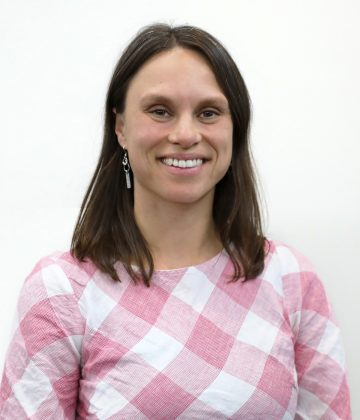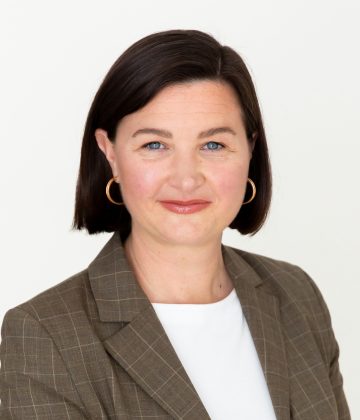Waste and resource management support for local governments
RMCG has assisted several local government areas in Victoria and Tasmania to develop waste and resource management strategies that are strongly aligned with current policies and legislation, inclusive and relevant to key stakeholders and outcome-focused for maximum impact.
The development of effective waste and resource management strategies is a key priority for many organisations, particularly local governments. RMCG’s team of environmental consultants have strong skills and experience in this area, referencing three key principles to develop targeted strategies for our clients.
1. Scoping to ensure alignment
We analyse current policies and legislation to ensure alignment at the local, state and national levels when developing waste and resource management strategies.
This was demonstrated in 2019 when Central Goldfields Shire Council in Victoria sought our services to finalise the development of its Waste Management Strategy following the completion of community engagement and collation of waste data.
RMCG provided further context to the existing information, including articulation to national, state and regional regulatory requirements, and Council’s own plans and policies. RMCG facilitated a workshop with Council administrators and members of the Executive Management Team to set the strategic direction within these constraints. Realistic actions were then developed, in close consultation with Council representatives, to enable Council and the Central Goldfields community to achieve multiple waste and resource recovery goals.
According to the client, RMCG “successfully engaged with the Board, created a document at a high level but with general approachability and understanding for the local level”. The Strategy was accepted by Council with only minor alterations.
2. Development that is inclusive and relevant
We engage with community, stakeholders and Councillors during the drafting and finalisation of waste and resource management strategies to improve buy-in and ownership with key stakeholders.
When RMCG partnered with Optimum Standard to develop a Waste and Resource Recovery Strategy for Derwent Valley Council in southern Tasmania, it was crucial to understand the current and potential future operations of Council through sufficient community consultation. The aim was to develop realistic actions for the Council that sat within existing policy and legislative frameworks, but also took into account local and regional influences and constraints. This work is due for completion in the second half of 2020.
3. Implementation that focuses on outcomes
Our waste and resource management strategies are practical and deliver real outcomes to reduce the amount of waste produced, divert waste from landfill and improve resource recovery.
For example, RMCG assisted Mansfield Shire Council in Victoria to develop its Waste Management Strategy for the next five years, which aimed to significantly reduce the amount of waste produced by the Mansfield community and increase recovery of resources.
This process involved a review of the current policies and legislation, as well as workshops with the community, stakeholders and Councillors before and after the draft strategy was developed. The strategic direction was informed by the objectives of the broader Mansfield community, as well as regional strategic directions set by the Victorian Government’s Recycling Victoria: A new economy document and other relevant policies, strategies and legislation.
Our approach to this piece of work was appreciated by the client because it was collaborative, we took the time to ensure that the strategy reflected the ambitions of the Council and the community, and that it would meet or exceed Victorian Government targets for waste reduction and resource recovery.
Contact our expert team
If you are looking for assistance to develop or improve your waste and resource management strategy, please get in touch with:
Morag Anderson: moraga@rmcg.com.au, 0438 343 008
Melissa Ludeman: melissal@rmcg.com.au, 0431 816 316
Isabel Axiö: isabela@rmcg.com.au, 0424 966 367
